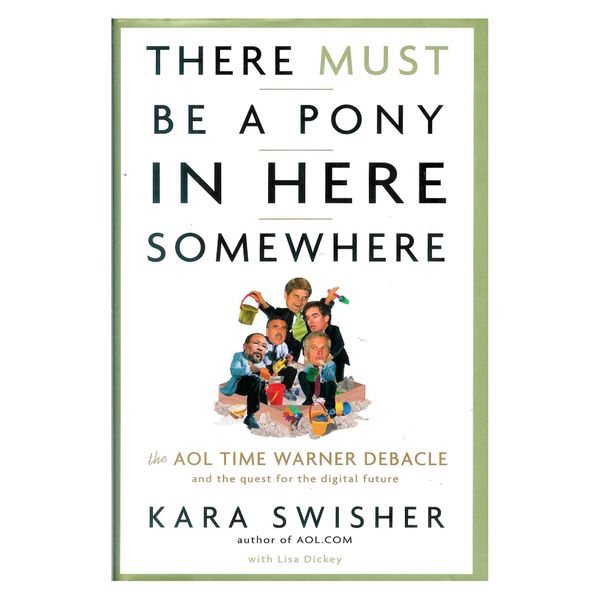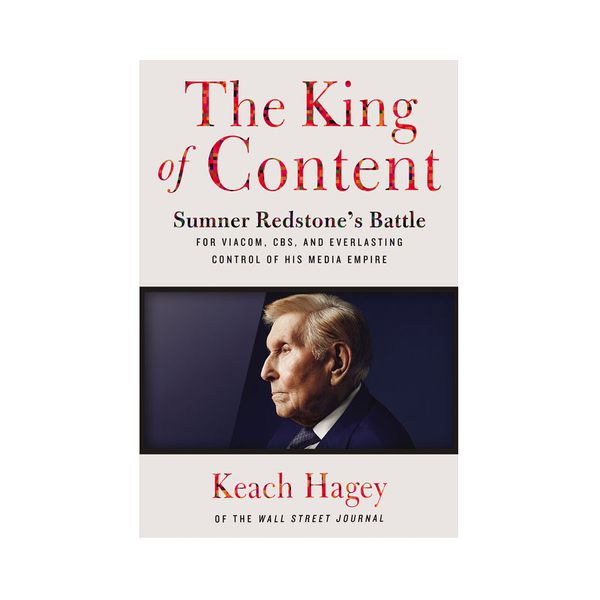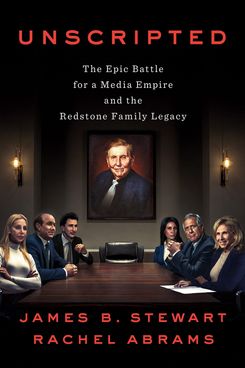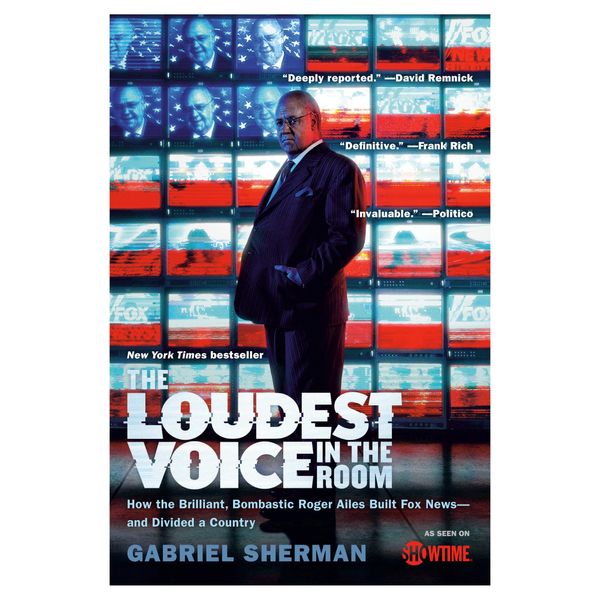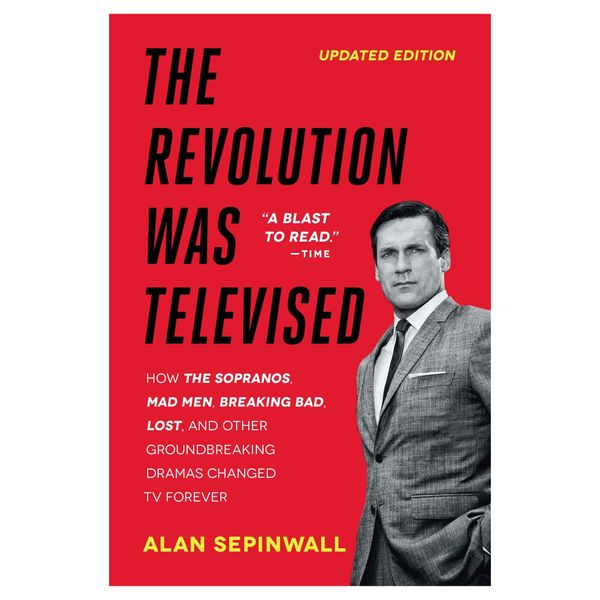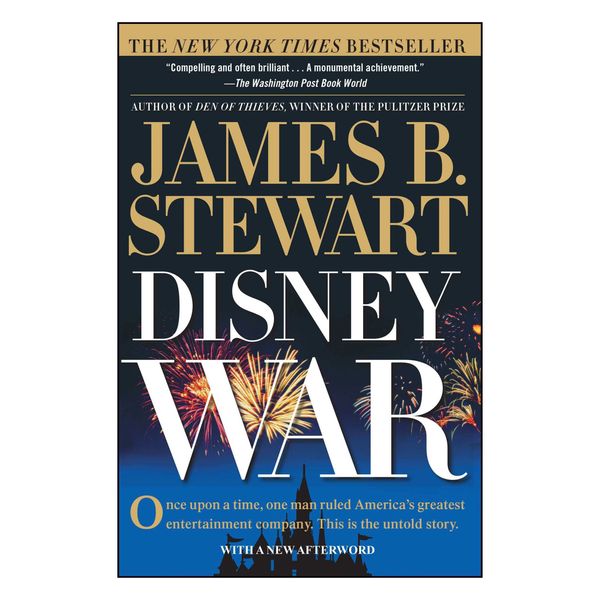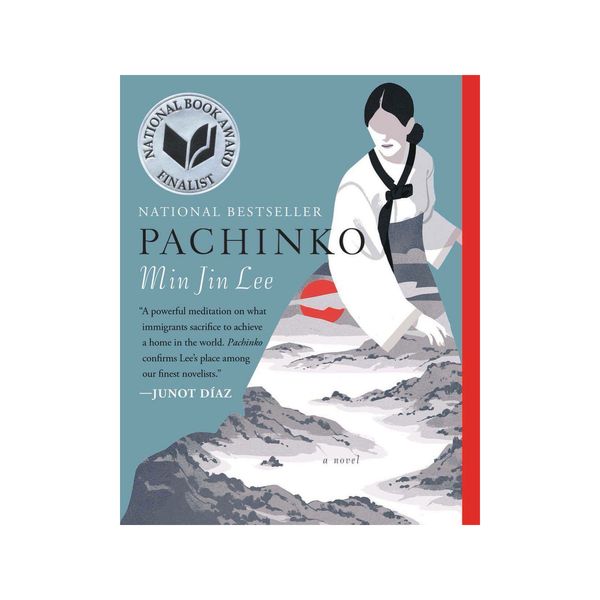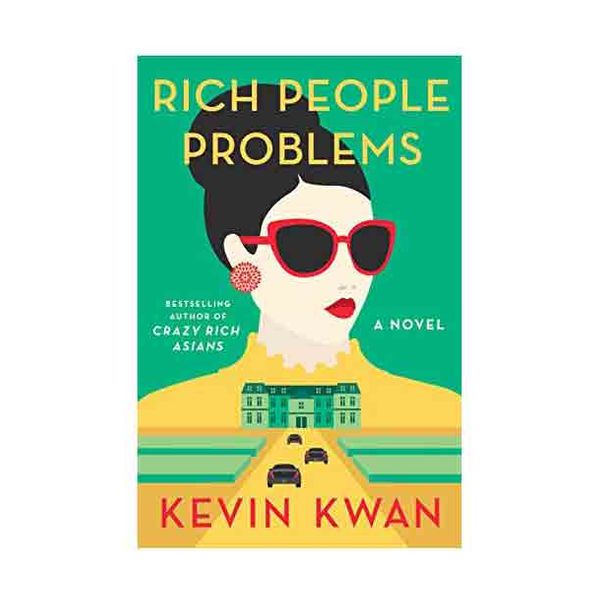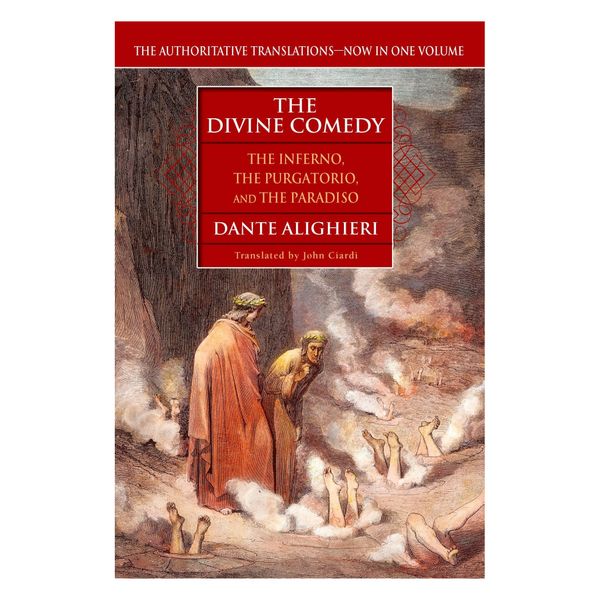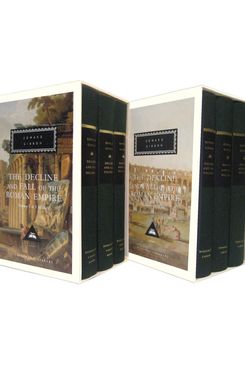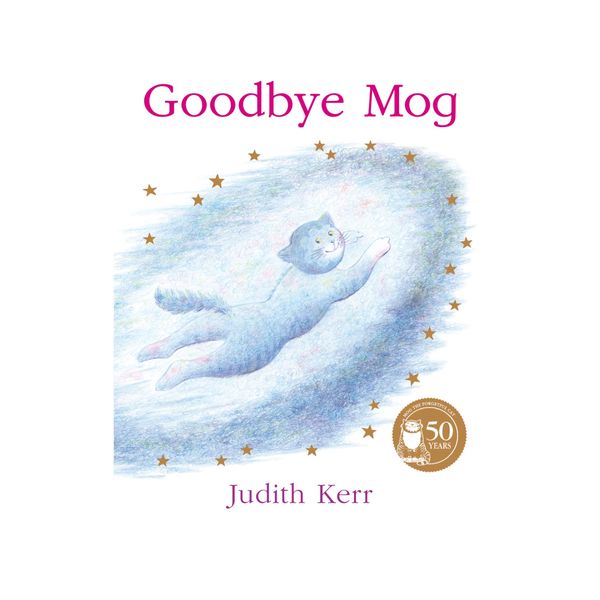
With the end of Succession, you may be tempted to immediately revisit the show for more than a few close reads. The joy of repeat viewing when you already know the character and plot beats allows for an expansion of perspective and appreciation of all the smaller details — particularly the intellectually rich literary details. And if you’re still craving more Succession vibes but feeling bloated from the Roys, detox from the discourse and aerate the mind with some erudition.
Whether you’re drawn to familial machinations, high-society satire, or the glamorously incisive look at wealth and power, here are 12 books to satiate your irrepressible id, challenge your superego, and add even greater depth and appreciation for some of the best writing on TV. It’s time to grab your library card and fuck off!
When AT&T announced the suspicious offloading of HBO parent company WarnerMedia to a surprise merger with Discovery, Inc., was it witty or inevitable that nearly all news outlets included an image from Succession to accompany their coverage of the media mayhem? Was the introduction of GoJo and the “merger of equals” a direct reference to the infamous union of plucky digital technology and old-media behemoth? Step back into the time machine of meta-narratives and mergers with Pivot co-host (and official Succession podcast host) Kara Swisher’s definite saga on the 2000 AOL–Time Warner merger implosion for a look at how dramatic and devastating the effects of faulty strategy, poor execution, and petty men can be.
If Succession reads more to you like a cautionary tale of an extraordinary patriarch, Keach Hagey’s biography of Sumner Redstone is a captivating portrait of a media man who was actually quite ambivalent about the media part of it all. Redstone, however, recognized the power, wealth, and influence media could afford to an individual and, accordingly, amassed as much as he could over six ruthless decades in the business. The Roys are most often likened to the Murdochs, but no modern, real-life succession has been quite as public (or prurient) as that of the Redstones and National Amusements, the company by which they control ViacomCBS. This biography has everything: Sex! Betrayal! Elder abuse! And like Logan and Pinky, in Redstone’s twilight years, he had an increasingly knotty relationship with his only daughter, Shari — now chairman of ViacomCBS and president of National Amusements.
Wait, another book about Sumner Redstone? Like 2018’s The King of Content, this 2023 book covers the rise of the late mogul and his very public disputes with his children, but Pulitzer Prize–winning journalists James B. Stewart and Rachel Abrams also take us behind closed doors to uncover even more jaw-dropping details about the power struggles within the media empire during Sumner’s last years. Conniving girlfriends, hostile board members, a famous executive brought down by Me Too, and the rise of video-streaming services all converge into a perfect storm over the Redstone estate and Paramount Global, just as Shari Redstone begins to take control of her father’s company. It’s all enough to make you think: Maybe Shiv is better off not winning the Succession wars? —Tolly Wright
If you’re here for the intersection of media, power, society, and the mercenary influence of ATN, then Gabriel Sherman’s dive into the life and labors of Roger Ailes breaks down just how singularly the former head of Fox News has shaped our modern world. From his humble working-class origins to his long tenure at the top of the media and political dogpile, Ailes’s story is as engrossing as it is outrageous. If you’re in a viewing sort of mood, Showtime also adapted the book into a 2019 miniseries starring a disarmingly chilling Russell Crowe. Though Ailes and the Wambsgans both share good old Midwestern roots, Tomlette could never.
“The revolution will be televised,” intoned social-media ads for the new season of Succession in early October. Some took umbrage toward the appropriation of Gil Scott-Heron’s 1970 song of politics and protest; through another lens, it was an example of the show’s subversive references: “The Revolution Will Not Be Televised” was released as a B-side to Scott-Heron’s first single that’s also just as apt a descriptor for Succession: “Home Is Where the Hatred Is.”
Stepping away from the music and looking at the television of revolution, however, there’s no better book to understand how audiences evolved to be able to receive such a show than Alan Sepinwall’s chronicle of the form. The rise of ambiguous protagonists, ever-ticking character machinations, and dramas that slice emotionally and stab with humor has been happening over the last 25 years.
Jeremy Strong likened DisneyWar to the War of the Roses to GQ in 2018 and cited the text as an essential reference for building Kendall’s character. In the same interview, Nicholas Braun admitted to abandoning reading the book as part of his prep for Greg. It’s a gripping account of how some incredible executive pettiness during the rise and fall of Michael Eisner’s time at Disney shaped a great deal of entertainment in the late ’80s and early ’90s. And in the continuing parallels between real life and Succession, DisneyWar captures the rise of a not-inconsequential executive named Bob Iger, who would take Disney post-Eisner into a new age of success and to whom, in 2019, Rupert Murdoch would sell Fox in a surprise acquisition deal.
As deeply researched as any of the reported books on this list — Lee spent three decades poring over historical texts, interviewing sources, and even moving to Japan — Pachinko is the fictional saga of a multigenerational Korean family living in Japan, rising from abject poverty. While you won’t get phrases like “Buckle up, fucklehead!” from Lee’s classics-inspired writing style, Pachinko highlights not only how family secrets and strife are carried from one generation to the next but also how the indirect effects of colonial occupation and immigration are passed on. Logan Roy, you may forget, clawed his way out of Dundee, Scotland, and emigrated to both Canada and the United States as he made his fortune.
Truly, the final book in Kevin Kwan’s Crazy Rich Asians trilogy has the perfect title for any kind of story about the Über-wealthy. In arguably his best book, Kwan closes the story of Rachel Chu and Nick Young by following Nick’s bid to make amends with his family and inherit his grandmother’s estate. It’s a candy-colored familial romp with a satisfactory, surprising ending and sparkly descriptions of glitzy opulence, perfect summer reading on one’s private beach or yacht deck.
Most other book lists will point you to King Lear, but here at the Sad Boys’ Club, we here for Kendall Roy’s bloodshot eyes, nervous stammers, and mopey moments in bodies of water. Revisit another iconic sad boy and what happens when those with all the power fight over that power. There is no innocent, redemptive Cordelia figure in Succession, and just like in the Danish tragedy, there is perhaps no innocent figure among the players of Succession. Also, Tom and Greg are totally Rosencrantz and Guildenstern.
The layers of allusion, inspiration, and direct references woven within Succession’s writing and art direction reflect how cerebrally rich the show is. Its references to Dante’s journey through hell in the first part of his “Divine Comedy” are perhaps both most and least subtle in the second season: Center stage in the key art is William Adolphe-Bouguereau’s Dante and Virgil, depicting the author and his guide as they pass by two condemned men fighting each other in the eighth circle for falsifiers and counterfeiters. Turn directly to Canto XXX in “Inferno” for the corresponding, excoriating passage on truth, consequences, and bearing witness to sinners.
Caligula and Corialanus, Romulus and Remus, Nero and Sporus … if you don’t know your ancient Roman history, you may be missing some of the more explicit references that the characters themselves make to each other throughout Succession. It is also likely not a coincidence that Gibbon’s oft-cited work chronicles the decline and fall of an empire.
“Mog was dead tired,” begins the book read by Logan Roy to his grandson Iverson in the season-three finale. Dead tired could also describe author Judith Kerr, who wrote Mog books for 30 years and at 80 began “to think about those who are going to be left” and wanted to tell her readers, “Remember me. But do get on with your lives.” Killing off the beloved female cat was something Kerr felt compelled to do, as cats in nature die, and sometimes parents need to give their not-so-baby chicks a boot out the gilded nest. Hint, hint.
